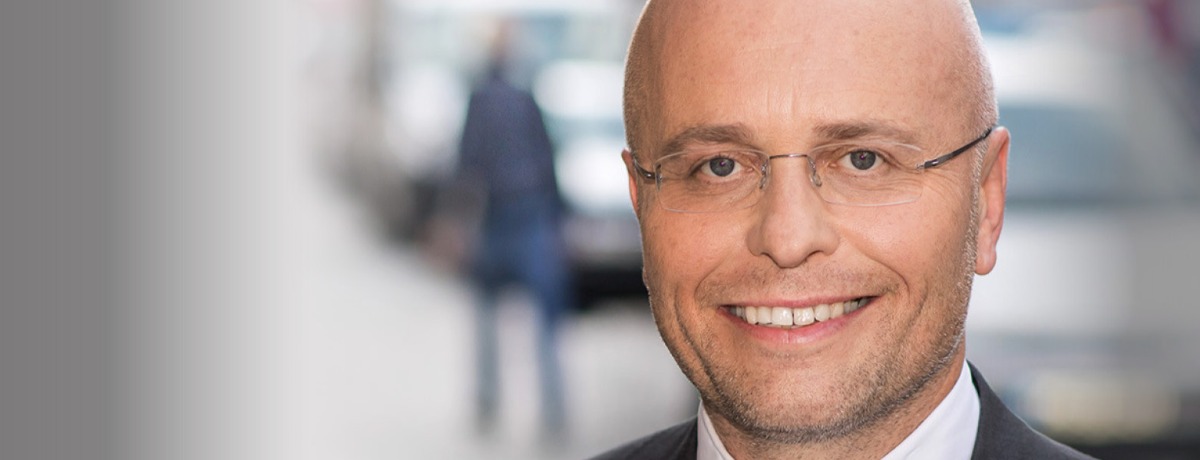For Norbert Rieger of Milbank, Tweed, Hadley & McCloy—Germany’s 2019 “Law Firm of the Year” winner in Private Equity Law—significant transactions are not the only measure of success. With two new partners in the private equity practice, Milbank has solidified its standing among the top German Private Equity practices. In a conversation with Best Lawyers CEO Phillip Greer, Rieger discusses what brought him to his current practice and his goals for the future.
What inspired you to focus on your current expertise of practice?
While I'm sure many people have grand stories about why they became what they became, mine is fairly simple. I started out as a tax lawyer with a specialty on tax-driven reorganizations and worked in that field for a couple of years. In the very early '90s, private equity began in Germany—and frankly, those funds didn't have a clue about the legal framework for private equity. And neither did we as lawyers. We got in touch with some relevant funds that were started in Munich. The first years were very much about deal structuring, and we were successful with the first PE deal which took a company private. I fell in love with the practice area. The work stayed this way for a number of years, and in the process, I became a private equity lawyer. Having a strong tax background has actually helped me throughout my career because tax drives a lot in the private equity industry.
Did you have any mentors who helped shape your career early on?
At the start of my career, I learned the most from watching the way others in my field performed their jobs. One of the partners that I worked with was extremely focused on quality and everything was turned around 10 times, really, until it was perfect. And that has an impact on you when you grow up with people around you who work that way because you feel like the goal will always be getting to an excellent product. You try to get used to that standard yourself and at some point, it changes your career, the way you act, and you give it to the next generation. At least that's what I hope.
What led you to join the firm you're with right now?
I moved from an English firm to Milbank about 14 years ago. And I think it was largely driven by the fact that the international firms that are relevant are either in the U.K. or in the United States. And at the same time, there's a certain management style that is more common with firms in U.K. or more common with firms in U.S. and we realized that we were more made for the U.S. style of probably leaner management and more focused on entrepreneurial skills and engagement. Milbank as a choice, frankly, was fairly simple in this regard. I moved together with two partners back then and a couple of associates, amounting to 11 people in total.
The thinking behind it was to say, "Okay, a U.S. firm is the right choice. It should be one of the top firms in New York. And if at all possible, they should have no—or virtually no—activities in Germany so that we could shape the German activities ourselves." There were not too many firms that met those two criteria. And that was what drove our decision. We're very happy that we took the decision that way, because it has allowed us to build up a team very consistently which lets us focus on certain values. It is always more difficult if you move 11 people into an existing organization with a lot of others or merge with another larger team. And everybody supported our decision.
What achievements are you most proud of from this past year for your firm, in regard to private equity?
You may expect me to mention primarily transactions and, as is common in our practice, the larger the better. By this standard, we have had several really big successes — we did multi-billion transactions and were involved in almost everything of relevance in the private equity scene. And that certainly led, I assume, to us being awarded “Law Firm of the Year” because as compared to our size, we have a substantially larger share in the overall private equity market.
But actually, from our perspective as a firm, the two biggest achievements lately were acquiring our two new private equity partners, Michael Bernhardt in Frankfurt and Steffen Oppenländer in Munich. I think we're always known for being a strong private equity outpost, but at the same time, always with a limited size, with Peter Nussbaum and myself being the protagonists for private equity and large cap transactions. So we doubled in size in terms of the partner capacity within just over a year. Bringing in people like Michael Bernhardt, who previously built up and ran the private equity practice at his old firm, and Steffen, who comes from one of the top firms in Germany, has extensive private equity experience and led landmark deals — that was certainly a huge step forward for us. We transitioned from being a very, very, well known but small outfit to an outfit that today has four private equity partners. With internal candidates, in the near future, that number might grow to be five or six.
I'm proud of the fact that this firm has been developed by people who are dedicated to this firm and its quality and values over the last 10 to 15 years. The increase globally in profitability is inspiring; in particular, as it is the result of quality and dedication, but so is our increase in standing within other top 10 law firms globally. We've all put an enormous effort into developing this firm further and further, and I think we were successful in getting it to the very top of the market. The culture in our firm is very much focused on working together and helping each other, rather than just being focused on individual success. That common goal and our common culture and values brought us where we are today.

































